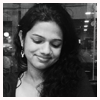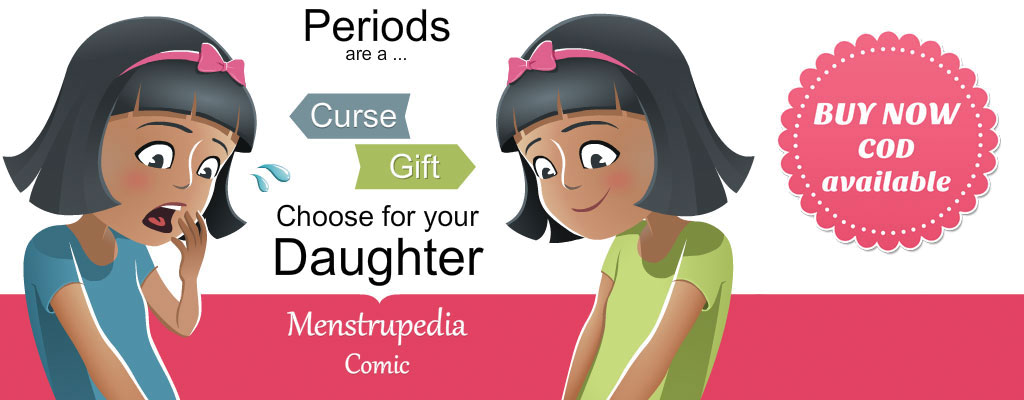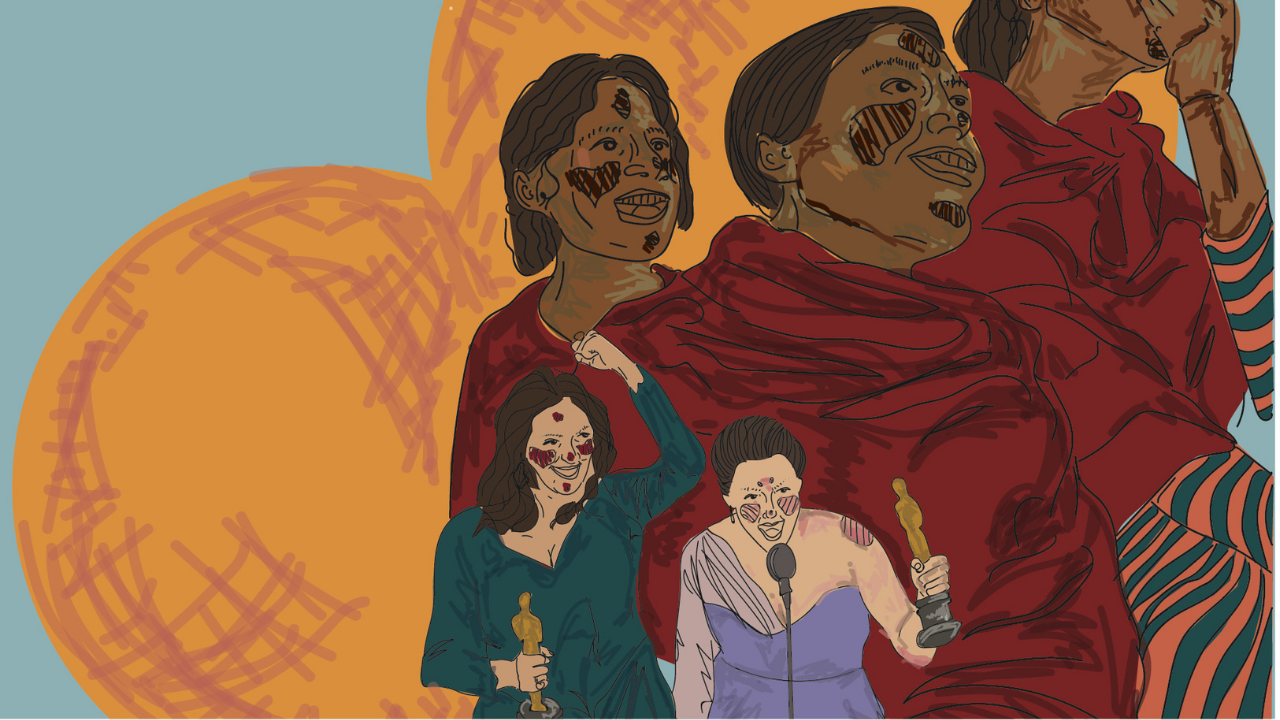The change was monstrous; overwhelming to an extent that I abandoned all my public appearances, spent more time indoors staring into the mirror and hoping this reflection of mine was just an unlucky nightmare. This slowly erupting facial hair, the pervasive acne that my skin could no longer contain and the stretch marks across my thighs and waist that often made it difficult for me to be alone with my very own self. What was this enormous gain of weight? This slow reformation into an entity that resembled a man more than a woman but fit into the traditional definition of none? And the absurdity of its being six long months since my body had last bled.
I never knew one could miss a mere biological process so much. That the amateurish thoughts of my uterus shrinking, my femininity shedding, could bother me to an extent they reminded me of the last time I had felt such an embarrassment that shook my integrity. I was only ten years old that day when I had come back running from school, in a blood stained convent tunic, and had cried into my mother’s lap ashamed that I had already grown up. It is weird how in those days little girls who started menstruating too early were gasped at with disbelief. And later, when these little girls grew up into beautiful women but stopped menstruating, they were gasped at with bewilderment. Early pregnancy is a taboo, so is late pregnancy. Infertility is too, and surrogacy and even voluntary decisions of not being a mother. Phew. It is like you are a taboo only for the unintentional fault of having been born as a woman.
But this time whatever was consuming my body was not physiological. And when I paid a visit to the doctor, he looked into my ultra-sonography report, bit his lips and verified my age again which was sixteen and announced it was PCOS; Polycystic Ovary Syndrome. The huge term took some time you sink in and it was funny how it sounded like exactly the kind of word which could describe my countenance now. The medicines were prescribed, exercise was advised and I was told that it was a very common disease which did not deserve much worry.
But I could not stop searching for hope in the Google results of the medical symptoms. I often ended up making random women feel awkward as I kept asking strangers I met in the metro and school canteen and online if they have heard of this. Some nodded, some did not, most of them placed a hand on my shoulder and told me they too are on medication for the same. I could see it had a high incidence but the sudden realization that your body could lose something you always took for granted, was very unsettling. “You will not cherish physical well-being until one day that excruciating knee pain reminds you of your blessed ability to dance”, my grandmother always used to say and it was only now that I realized. Taking medicines every single morning so I could compel my body to start menstruating again, made me understand that even a reversible crippling could break your confidence into pieces. Nevertheless, I took the doctor’s advice seriously. Daily exercises and diet control helped me change hormonal and physical configuration of my body to a large extent and that day came rolling when the doctor looked into my USG report again, bit his lips just like the first time and told me that the improvement has been commendable.
That is the thing about a human body. It demands of you to take charge. It reminds you in its own innocuous ways that it deserves to be treated as a wonderland and the first step is acceptance. It’s been many years since I have been bleeding just fine but my experience in dealing with myself in those days have made me learn to not care about shaving the excessive body hair so much or choose outfits that selectively hide my stretch-marks. I have realized too many men are more feminine than I ever thought and too many women are just so masculine that gender has now turned into a spectrum instead of a restrictive label. We are such a conscious species now, so progressive and aware of our desires that we have no time to waste clinging to body-shaming or differences in sexuality. It is high time we stop adapting to societal stereotypes, and rather decide to adapt to our own selves.
 Author: Bijaya Biswal
Author: Bijaya Biswal
Bijaya is a fourth year MBBS student who loved to read. She mostly write short fiction and book reviews and takes a keen interest in economics and politics.








